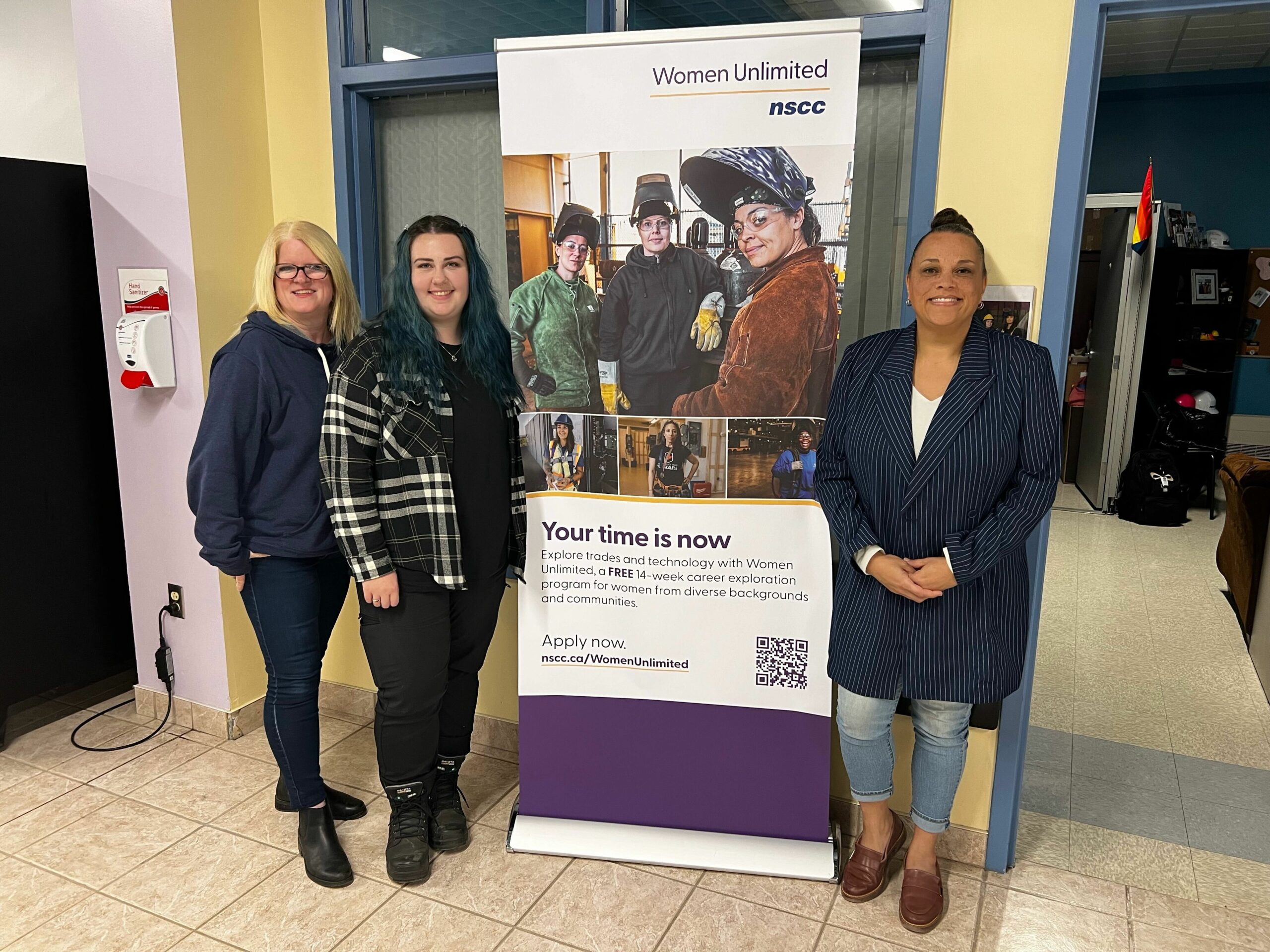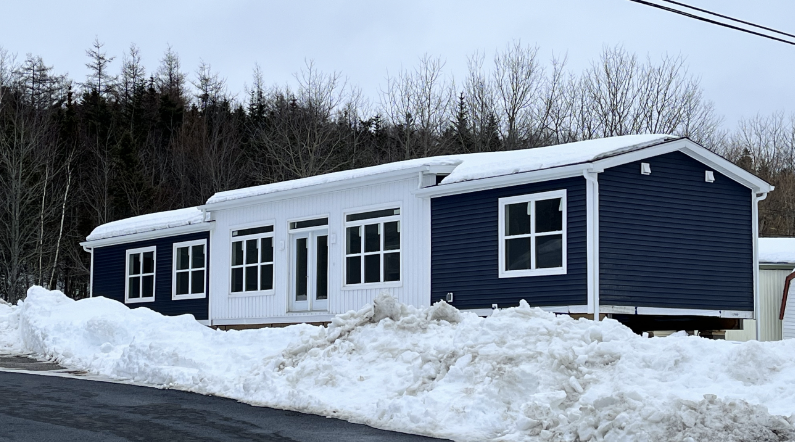Get Involved
Government Tender and Procurement Opportunities
The Province of Nova Scotia is investing over one billion dollars in schools, hospitals, and the Marconi campus of the Nova Scotia Community College over the next 5-7 years, an unprecedented level of investment representing significant opportunities for our residents and business community. Together, these projects will create jobs, opportunities for workforce training for underrepresented groups, and direct benefits to local businesses, communities, and the economy.
The local business community now has a great opportunity to become more involved than ever before in the government’s tendering and procurement process (the official system government uses to promote the products and services they need and for businesses to then submit bids on offering that work).

Get Involved
Resources
A number of web-resources are available to help businesses navigate these opportunities:
Procurement is a branch of Service Nova Scotia and Internal Services. Staff provide knowledge and expertise to clients as they seek unique, creative, sustainable procurement solutions for complex business needs.
A database of currently posted tenders that businesses and service providers may big on to provide the work to the Province of Nova Scotia.
Resources, guides, and FAQs designed to help businesses navigate Nova Scotia’s E-Bidding System, Ariba Discovery, and learn how to submit bids for posted tender opportunities.
By registering for the TONS, you will receive e-mail notifications of public sector procurement opportunities that match the goods and/or services categories you choose. The online service provides a single entry point for Nova Scotia businesses and prospective businesses to interact with the provincial government.
A number of resources, videos, and presentations to become more familiar with the process of selling to the Government of Nova Scotia.
Latest Updates

The Mobile Training Centres (MTCs) are part of the Nova Scotia Construction Sector Council’s ‘Bridging Community and Industry’ training program. This program is co-funded by the Government of Canada and the Province of Nova Scotia. The purpose is to deliver industry-based training, identified by labour market needs, for new entrants to the sector/trade with a focus on addressing barriers for underrepresented groups (traditionally marginalized).

The Early Learning and Child Care Major Infrastructure Program will provide $25 million to fund new construction or major renovations that will create new child-care spaces. Priority will be given to projects that serve diverse or vulnerable communities, communities with low child-care coverage rates and projects in publicly owned facilities.

To be a tradesperson is to be a master of your craft, a problem solver, and a creator. Traditionally, the trades have been male-dominated, shaped by societal norms that often deterred women from participation. However, the Women Unlimited program challenges this notion by actively reshaping the narrative of women in the trades, nurturing their skills, and serving as a bridge to new opportunities. As we explore the stories of two former participants and the program’s dedicated leaders, we witness the impact of Women Unlimited.

Municipal Affairs and Housing Minister John Lohr and Halifax MP Andy Fillmore, on behalf of Sean Fraser, federal Minister of Housing, Infrastructure and Communities, announced today, February 23, the locations of new public housing units in Halifax Regional Municipality and 25 new modular housing units that will be installed in eight communities across the province by end of March.





